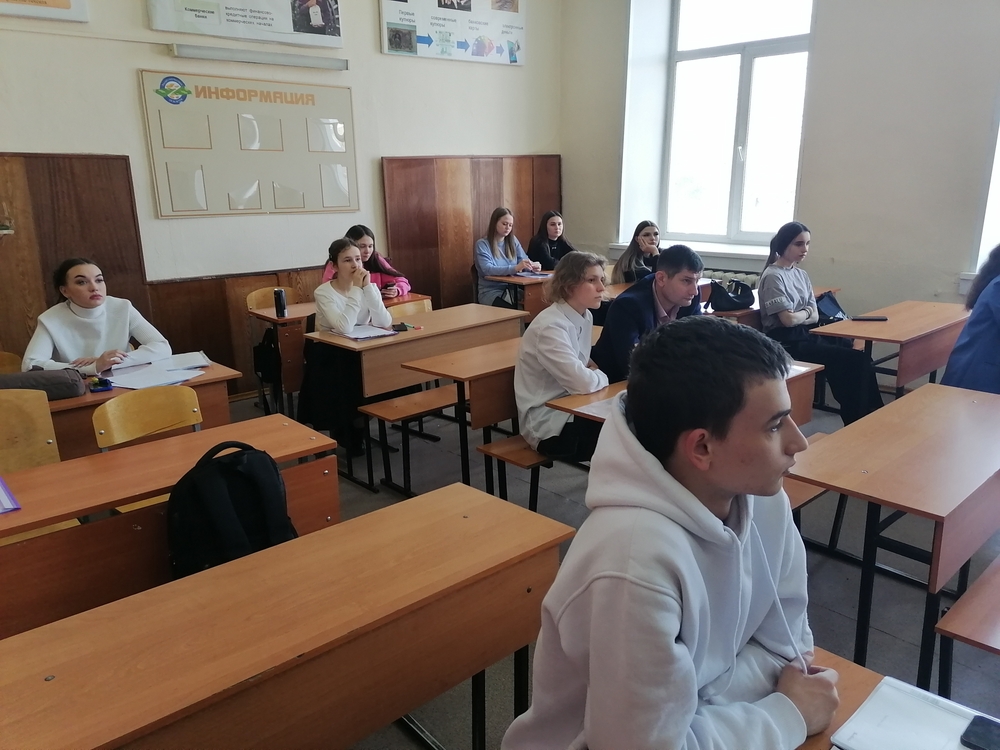The goal is to detect potential threats through vague markers like “extreme opinions” or disrespect toward Russian values.
Others are reading now
The goal is to detect potential threats through vague markers like “extreme opinions” or disrespect toward Russian values.
A New Mission for Russian Teachers

Russian educators have received new government-issued guidelines instructing them to monitor foreign students for signs of “criminal tendencies.”
The directives ask teachers to pay close attention to classroom discussions, written work, and even students’ online behavior.
Watchlists in the Classroom
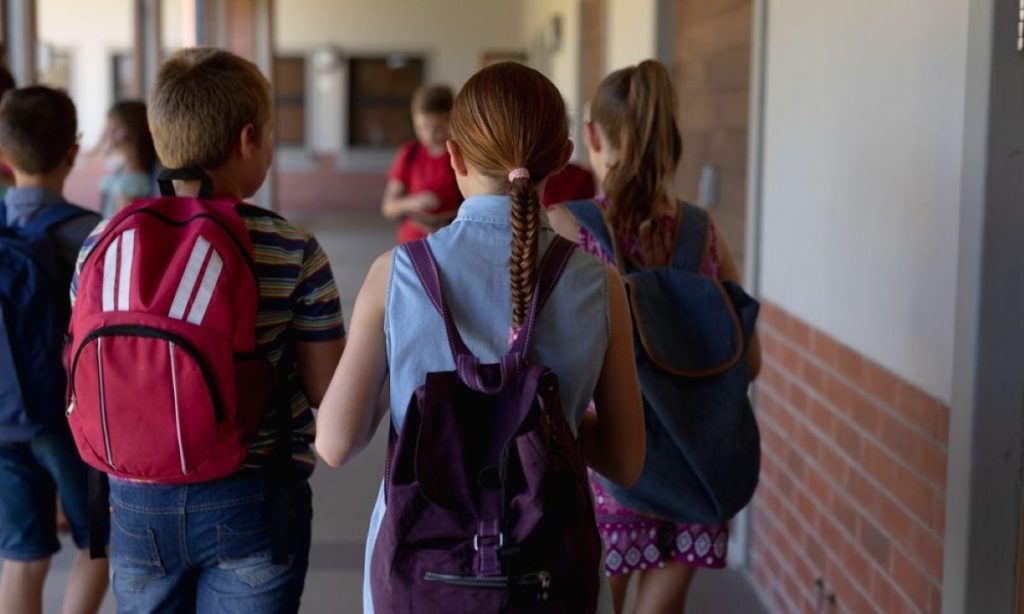
Teachers are told to flag certain topics, especially if discussed frequently by foreign students.
These include political or religious issues, criticism of Russian state symbols, or perceived disrespect for historical memory.
Also read
Even showing disinterest in patriotic classroom lessons, like the “Important Conversations” series, can now be interpreted as a red flag.
From Essays to Web Browsing
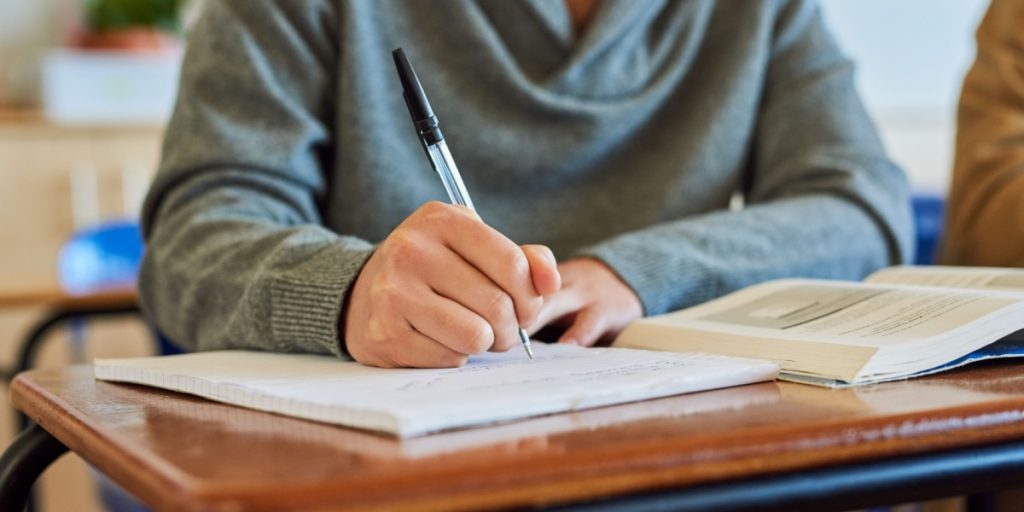
According to the guidelines, teachers should scan students’ writing for subtle signs of resistance or disdain for traditional Russian norms.
They’re also advised to monitor whether students show interest in what the documents call “destructive” or “shocking” content online, suggesting that mere curiosity could be interpreted as dangerous.
Anonymous Surveys and One-on-One Chats

To form what officials call an “objective picture,” teachers are encouraged to hold informal conversations with students or issue anonymous surveys.
These softer tactics are meant to reveal unspoken attitudes and help identify students who may need “intervention.”
Also read
Mandatory Patriotism

The guidelines propose schools host group activities that promote “Russian spiritual and moral values,” social etiquette, and reverence for national history.
These are not simply cultural lessons; they’re framed as tools for “preventing illegal actions” and shaping what the state calls “proper behavior.”
Teachers Push Back

Critics within Russia are voicing concern.
Vsevolod Lukhovitsky, co-chair of the Uchitel teachers’ union, questioned the premise of targeting foreign students specifically.
“Why should we assume it’s the children of migrants who will behave illegally?” he asked.
Also read
Other educators worry the vague language could encourage profiling.
Psychology Experts Sound the Alarm

Family psychologist Anastasia Kotelnikova dismissed the effectiveness of such surveillance-driven policies.
Real value education, she argues, isn’t taught through lectures or questionnaires, it’s modeled through community, trust, and consistency.
“Values shouldn’t be a lecture,” she said. “It should be an environment.”
Migrant Students Under Pressure
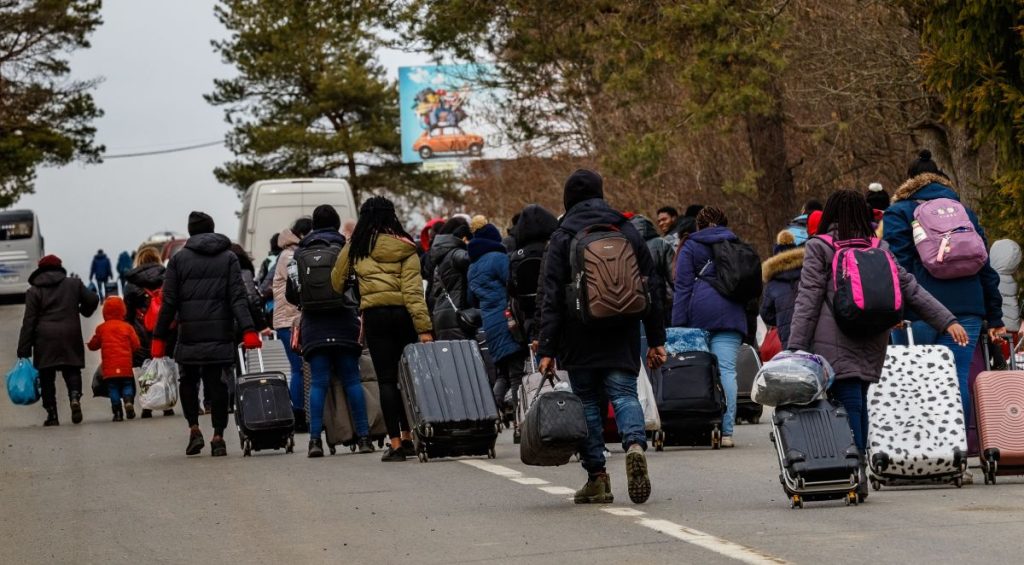
The education crackdown comes amid broader efforts to marginalize migrant students.
Also read
A new bill in the State Duma proposes charging tuition for foreign children in public schools, citing overcrowding and stress on teachers.
Yet critics warn it would violate Russia’s own constitution.
National Security or Cultural Control?
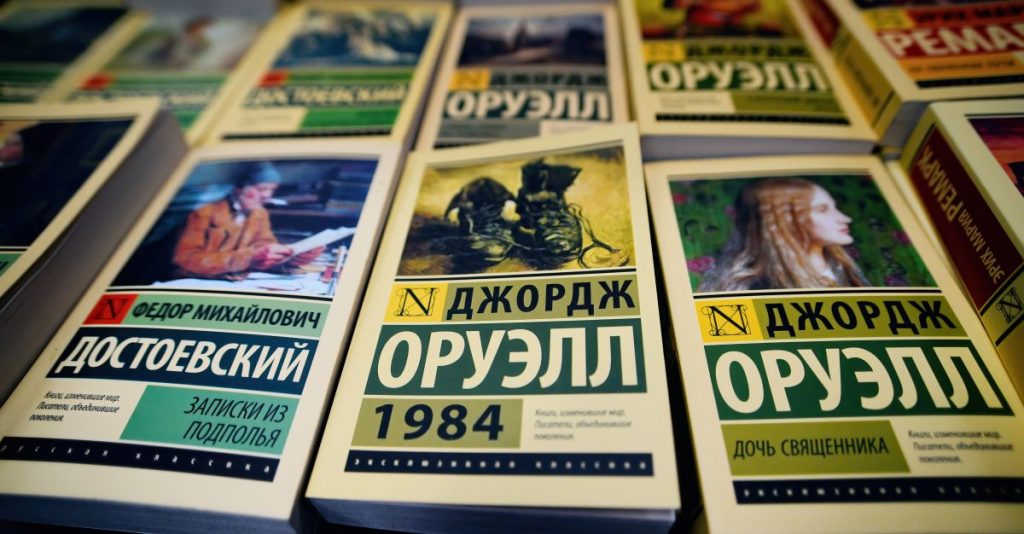
Officials claim the new rules were developed with input from the Interior Ministry and educational experts.
But with rising xenophobia and Russia’s history of using schools as tools for ideology, many view this as another step toward institutionalized suspicion, aimed at children.

